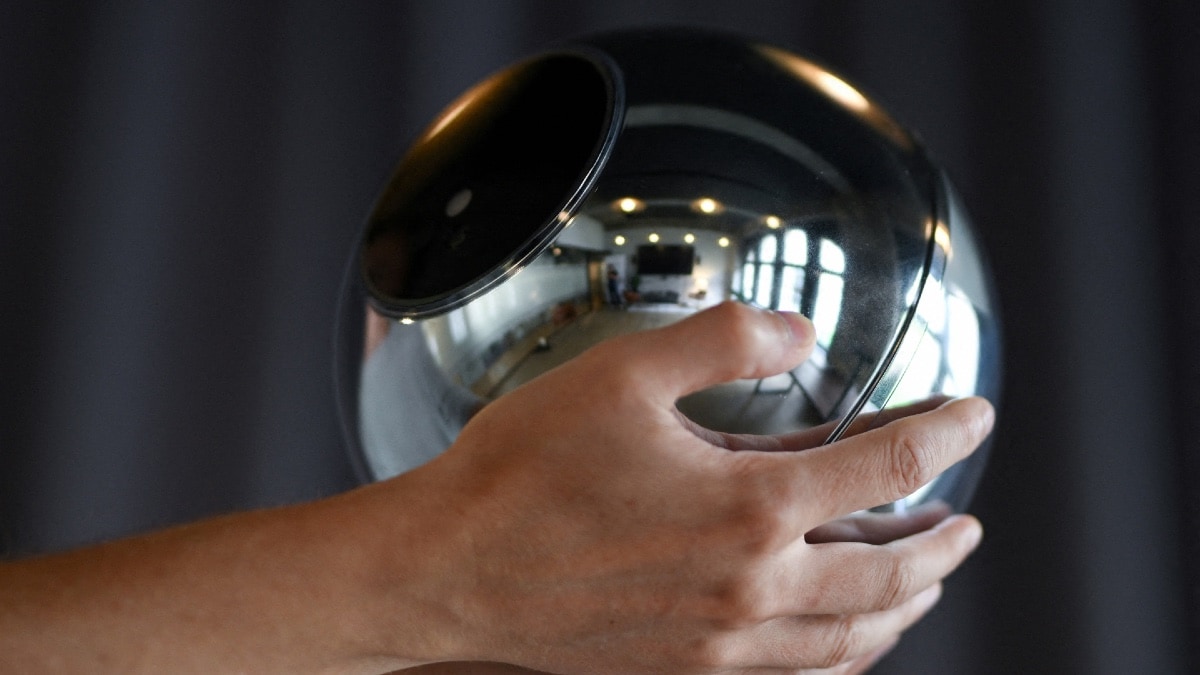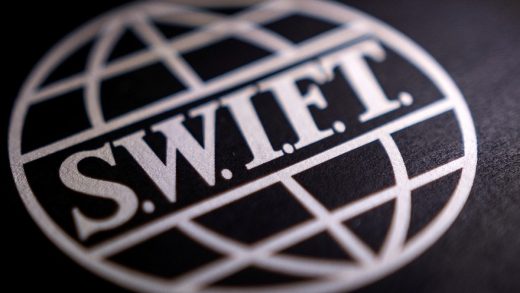
The short-lived rally of the Worldcoin popularity came to a halt in several nations in recent months. Worldcoin’s user data collection via eye scans has raised concerns among several governments around the world. This week, Spain became the latest nation to ban Sam Altman’s ambitious project from collecting personal data and biometrics of Spanish citizens. What world leaders are seeing as riddled with privacy issues, Altman’s Worldcoin project aims to create a unique identification of personhood now that bots and AI are on the rise.
The decision to restrict Worldcoin’s operations in Spain has been finalised by AEPD, the data protection regulator of the country. In an official statement, the regulatory body has warned Worldcoin against collecting anymore data and also against using the already obtained information.
“The AEPD has received several complaints against this company denouncing, among other aspects, insufficient information, the collection of data from minors or that the withdrawal of consent is not allowed,” the statement from AEPD said this week.
Based in US’ San Francisco, Worldcoin officially launched in July last year. It aims to assign ‘World IDs’ to global citizens as an ‘international proof of personhood’. With these IDs, people will not need to share their personal details to interact with web and websites. In August last year, representatives of the project had set up booths in several parts of the world – collecting eye scans of people through its own one-of-a-kind machine called the Orbs.
As people lined up before Worldcoin booths in different parts of the world including India, policymakers realised that this data collection process by Worldcoin seemed problematic. Kenya was among the first nations to take a stringent step towards controlling the Worldcoin craze — by suspending it indefinitely for the time being.
“The processing of biometric data, considered in the General Data Protection Regulation (GDPR) as having special protection, entails high risks for people’s rights, taking into account their sensitive nature,” the Spanish regulator noted.
This operational jerk for Worldcoin comes just a week after the project claimed that the World App surpassed one million daily users for the first time in February.
At the time, WLD, the native token of the Worldcoin project had recorded a jump of 140 percent over a period of seven days. WLD was trading at $7.58 (roughly Rs. 628) on February 19. Presently, the token is trading at $7.23 (roughly Rs. 597), as per CoinMarketCap.



